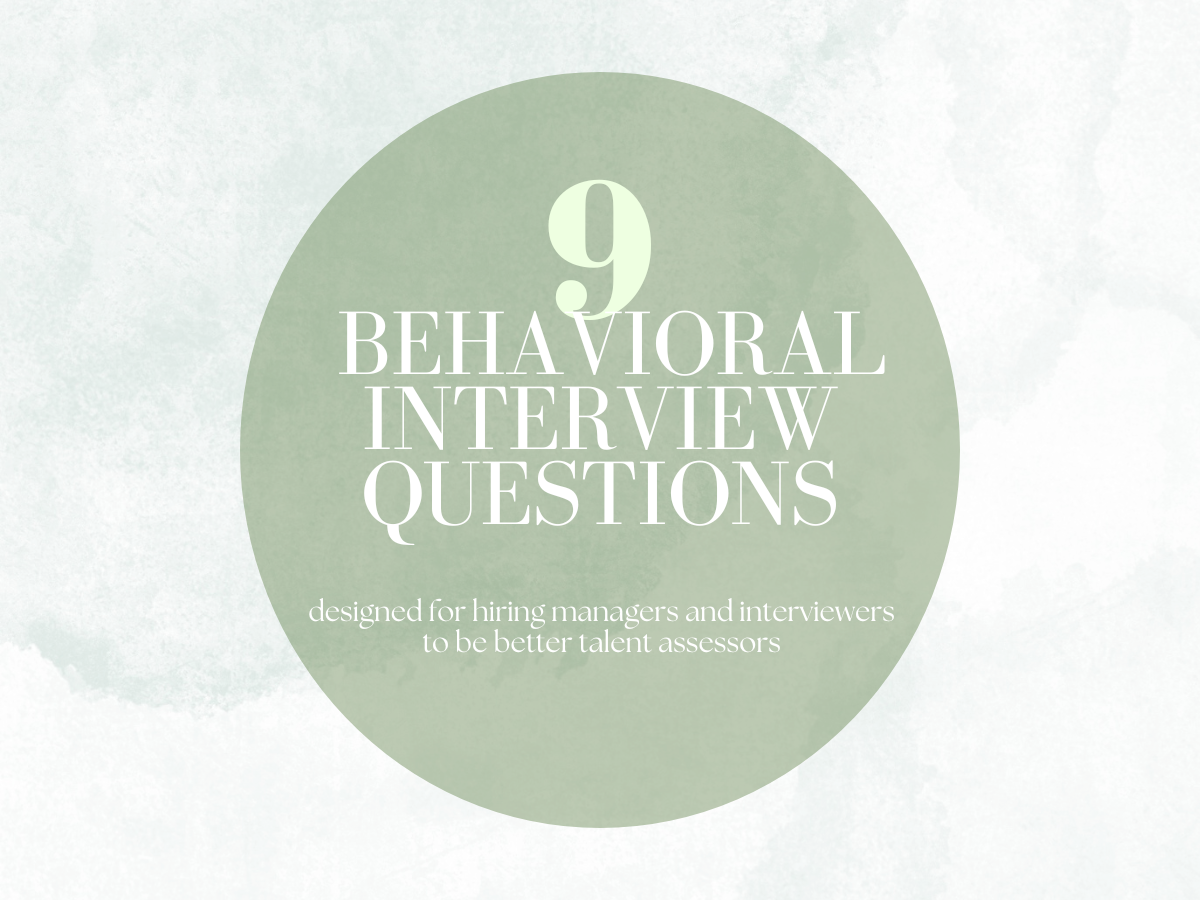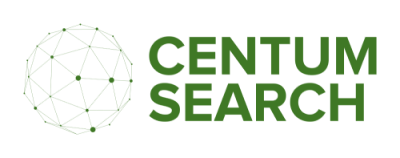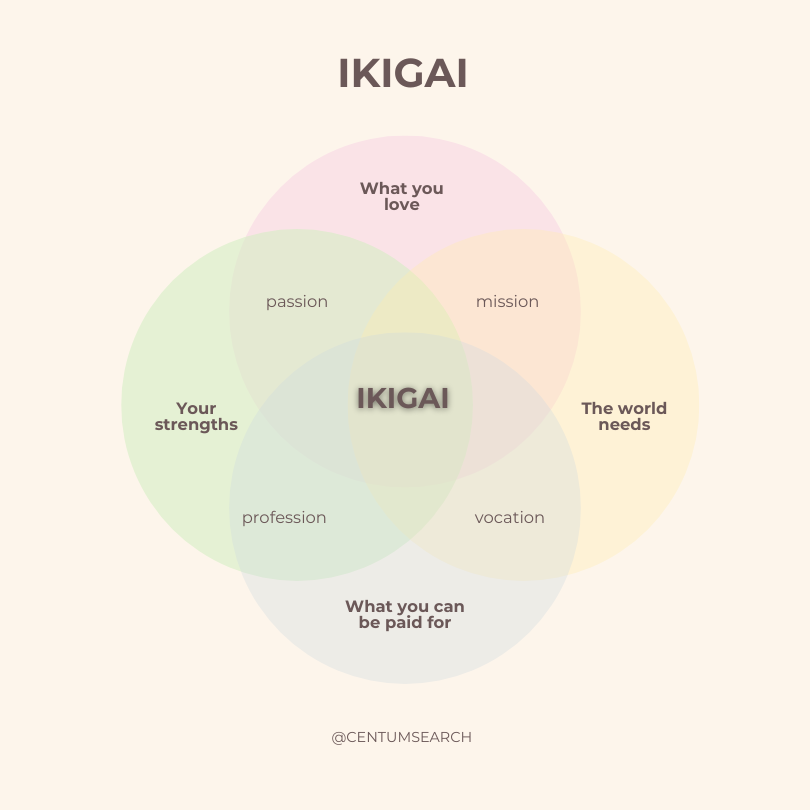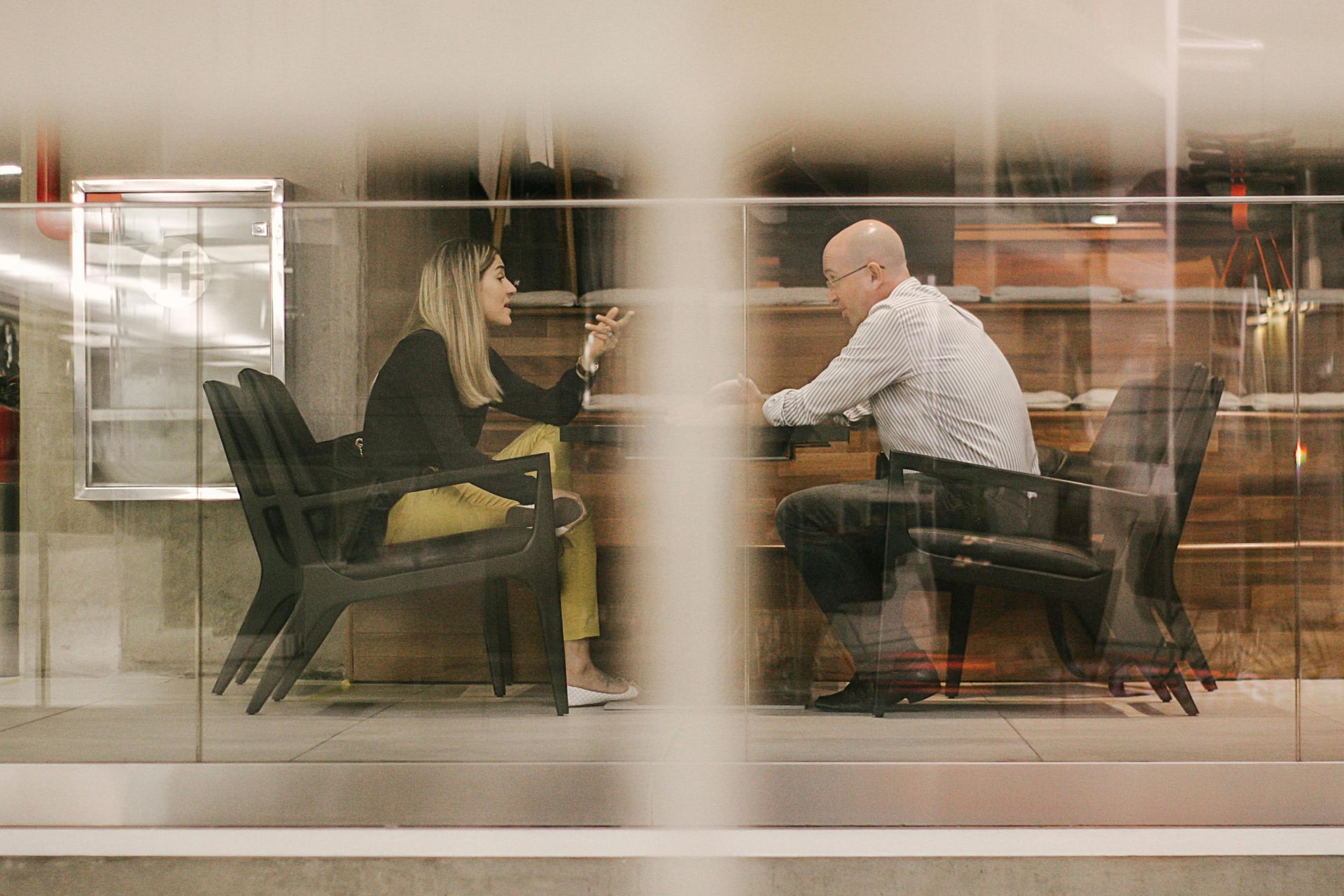9 Behavioral Interview Questions, Designed for Interviewers to be Better Talent Assessors
Whether you're interviewing engineers to build your team or need to create an interview questions bank to calibrate your interviewers, these resources are for you!

The importance of behavioral questions in interviews cannot be overstated. Beyond assessing technical skills, these questions delve into a candidate's soft skills, communication abilities, and problem-solving approaches.
Incorporating behavioral questions in interviews is crucial for understanding how candidates navigate challenges, collaborate in a team, and handle real-world situations. From conflict resolution to leadership and adaptability, behavioral questions provide valuable insights into a candidate's character and suitability for a role.
Employers utilizing behavioral questions in interviews contribute to creating a well-rounded and cohesive team, fostering a work environment where individuals not only excel technically but also thrive in interpersonal dynamics.
Strategic use of behavioral questions enhances the hiring process, ensuring that candidates possess the holistic qualities necessary for success in their roles and within the broader organizational context.
Here's a list of 9 behavioral questions to incorporate into your interview process:
1. Tell me about a challenging project you worked on. How did you approach it, and what was the outcome?
- This question assesses problem-solving skills, project management, and the ability to navigate challenges.
2. Describe a situation where you had to work with a tight deadline. How did you prioritize tasks and ensure timely delivery?
- Assesses time management, prioritization skills, and the ability to work efficiently under pressure.
3. Can you share an experience where you had a disagreement with a team member? How did you handle it, and what was the resolution?
- Assesses interpersonal skills, conflict resolution, and the ability to work collaboratively in a team.
4. Tell me about a time when you had to learn a new technology or programming language. How did you go about it, and what challenges did you face?
- Assesses adaptability, willingness to learn, and problem-solving skills when encountering new technologies.
5. Describe a situation where you identified a bottleneck in a project. How did you address it, and what impact did it have on the overall outcome?
- Assesses analytical skills, critical thinking, and the ability to optimize processes for improved efficiency.
6. Can you recall a project where you had to communicate complex technical information to a non-technical audience? How did you ensure understanding?
- Assesses communication skills, the ability to convey technical concepts to diverse audiences, and clarity in conveying information.
7. Share an experience when a project didn't go as planned. How did you handle setbacks, and what did you learn from the experience?
- Assesses resilience, problem-solving under adversity, and the ability to derive lessons from challenges.
8. Describe a situation where you had to take the lead on a project. How did you motivate your team and ensure successful project completion?
- Assesses leadership skills, initiative, and the ability to guide a team toward a common goal.
9. Tell me about a time when you contributed to improving a development process or workflow. What changes did you suggest, and what impact did it have?
- Assesses process improvement skills, innovation, and the ability to optimize development workflows.
These behavioral questions provide insights into a candidate's soft skills, decision-making process, and how they handle various scenarios, complementing the technical assessment in a software engineer interview.
Subscribe to our newsletter!
We will get back to you as soon as possible.
Please try again later.
Resources for Careers, Talent Acquisition and Management

a b c d e f g h i j k l m n o - Do not remove from template!!! it is important to support different fonts
Questions?
Contact Us
Thank you for contacting us!
We will get back to you as soon as possible!
Oops, there was an error sending your message.
Please try again later.


